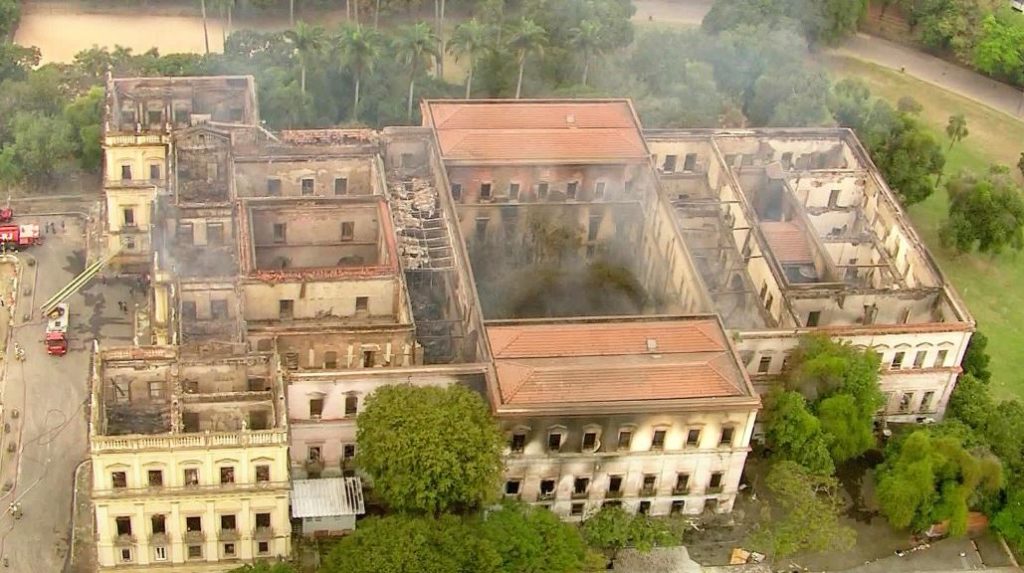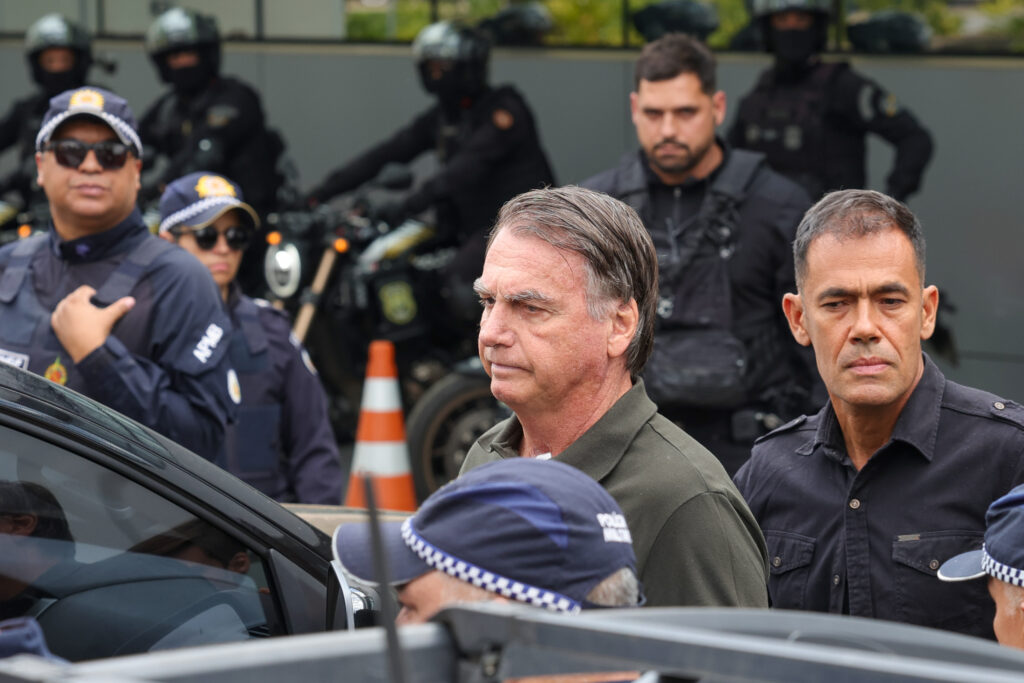Salvador, Brazil — Cláudio Castro, the governor behind the recent deadly police raid in Rio de Janeiro that killed 121 people, has something in common with some of his predecessors. Just as six former leaders of Brazil’s most famous state have been investigated for crimes, Castro too now faces a trial that could oust him from power and bar him from running for public office.
An ally of former president Jair Bolsonaro – who was sentenced in September to 27 years and three months in jail for plotting a coup after losing the 2022 elections – Castro received international attention after a massive police raid on October 28 in Rio’s Alemão and Penha favelas left over 100 people dead, including police. The operation was criticized by Amnesty International as being “racist.”
Adding to the governor’s troubles is an investigation for illegal fundraising in the 2022 elections, as well as abuse of political and economic power and prohibited conduct.
His trial began on November 4 in Brazil’s Supreme Electoral Court and now has been delayed after one of the judges, Antonio Carlos Ferreira, requested more time to analyze the case. The judge now has 30 days — that can be extended again for the same time period — to make a judgement.
Before the delay, Isabel Gallotti, the judge and rapporteur responsible for the proceeding, voted in favor of convicting Castro, fining him R$ 470,000 (USD $88,000), and holding new elections for his post.
According to the Electoral Public Prosecutor’s Office, more than R$ 500 million (US$ 93 million) was used for the irregular hiring of temporary employees in the first half of 2022, when Castro was running for reelection.
Castro is not the only politician from his government on trial. Vice-Governor Thiago Pampolha is also involved.
The case was first ruled on by the Regional Electoral Court of Rio de Janeiro, which rejected the accusations, prompting the prosecution to appeal to the Supreme Federal Court. This court cannot send defendants to jail, but does have the power to bar them from holding public office.
“The accusations concern the use of 18,000 public positions in entities in Rio de Janeiro to appoint employees who would campaign or divert the funds to benefit those individuals,” Alberto Rollo, a specialized electoral lawyer and professor at the Escola Paulista de Direito (EDP), in São Paulo, told Brazil Reports.
Rollo adds that, even with a conviction, Castro can still appeal to the Supreme Federal Court, Brazil’s highest court, but must follow the electoral court’s decision in the meantime after the case concludes.
Castro’s operation and its negative (and positive) backlash
The case against Governor Castro was added to the Supreme Electoral Court’s agenda one day after the so-called Operação Contenção (Operation Containment) took place.
Four of the 121 people killed during the raid were police officers, while the others were identified by the government as “drug traffickers” from Comando Vermelho (Red Command), one of the country’s largest criminal organizations.
The incident received widespread backlash internationally. Ana Piquer, America’s Director for Amnesty International, called the operation a “massacre” and a systematic repression that targeted mostly Black and poor people.
“What took place in Rio de Janeiro was not a security operation, it was a massacre. Over a hundred people, most of them Black and living in poverty, were killed in an operation planned and carried out by the state itself,” Piquer wrote in a statement.
“The government of Cláudio Castro in Rio de Janeiro has turned its security policy into a policy of death. This must cease immediately,” she continued.
Human Rights Watch called the operation a “serious investigative failure.” The NGO’s Brazil director, César Muñoz, said that “crucial investigative steps were not taken and that important evidence may have already been lost.”
At home in Rio, however, the raid may have given Castro a political win. A poll from Genial/Quaest showed the Bolsonaro ally’s approval rating jumped 10 points following the operation to 53% compared to 43% a month before.
Castro is currently serving his second consecutive mandate as governor and could not, according to Brazilian electoral law, run for a third term in a row.
However, Castro does have long-term political aspirations and would most likely run for a seat in Brazil’s Senate, which has eight-year terms.
A ruling against him in the Superior Electoral Court could quash those plans. A ruling in the electoral court could potentially not come until 2026, when Brazil will hold its next general elections.
Featured image: Cláudio Castro
Image credit: Joédson Alves/Agência Brasil










